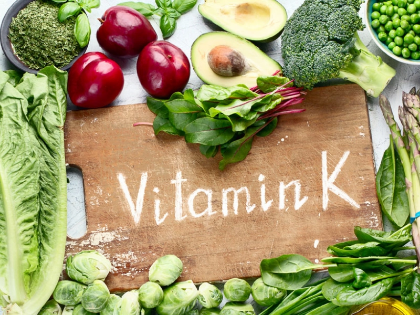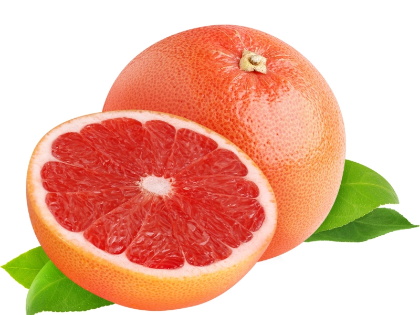Vitamin C's Ability to Combat Free Radicals
Your body naturally produces free radicals as a result of converting food into energy. Free radicals are unstable chemicals. However, an excess of these free radicals can harm DNA, which can result in diseases like cancer and heart disease. Since these molecules lack an electron, they "steal" one from other bodily cells. This initiates a series of events that may result in cell damage.
Antioxidant
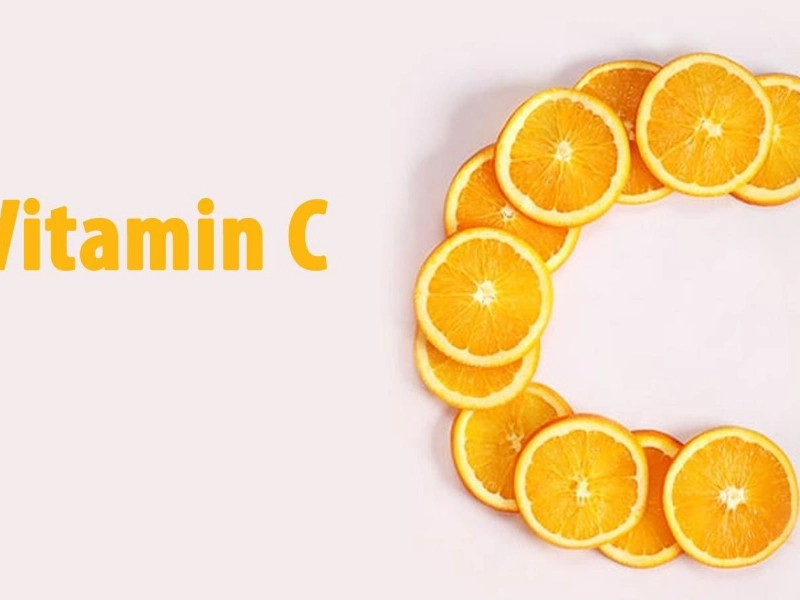
An antioxidant
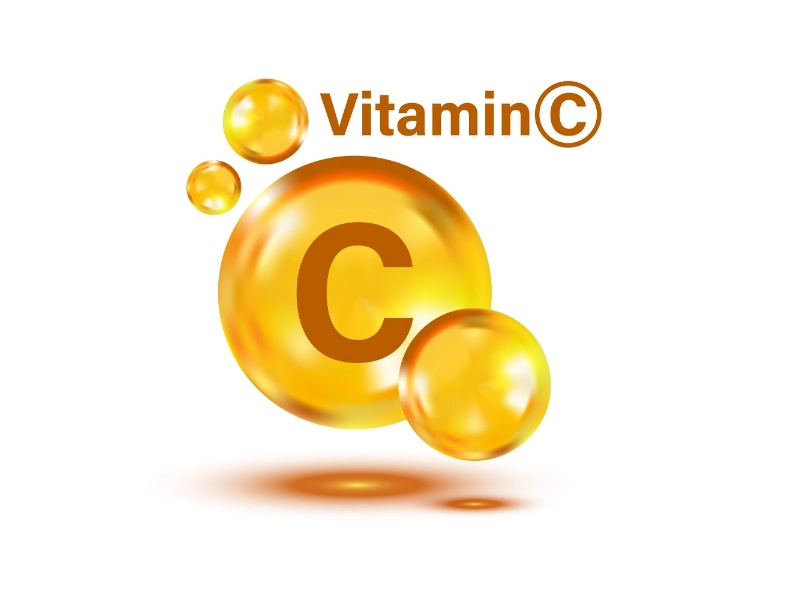 In reaction to external pollutants such as tobacco smoke, sun and X-ray radiation, as well as regular bodily functions, the body releases free radicals. These erratic molecules harm DNA and cells over time. Scientists think they could be involved in a number of illnesses, such as cancer, heart disease, and ageing.
Ascorbic acid, or vitamin C, is an antioxidant that lowers the body's levels of reactive chemicals like free radicals. Additionally, it increases the activity of several antioxidant enzymes, including GSSH reductase, Cu, and Zn-superoxide dismutase (SOD).
Furthermore, when vitamin C is chelated with transition metals like iron and copper, it exhibits pro-oxidant characteristics. Ascorbate is able to lower these metals through this process, which results in less harmful oxygen radicals being produced (Figure 2). Vitamin C's pro-oxidant properties aid in preventing oxidative damage from developing both in vivo and in vitro.
In reaction to external pollutants such as tobacco smoke, sun and X-ray radiation, as well as regular bodily functions, the body releases free radicals. These erratic molecules harm DNA and cells over time. Scientists think they could be involved in a number of illnesses, such as cancer, heart disease, and ageing.
Ascorbic acid, or vitamin C, is an antioxidant that lowers the body's levels of reactive chemicals like free radicals. Additionally, it increases the activity of several antioxidant enzymes, including GSSH reductase, Cu, and Zn-superoxide dismutase (SOD).
Furthermore, when vitamin C is chelated with transition metals like iron and copper, it exhibits pro-oxidant characteristics. Ascorbate is able to lower these metals through this process, which results in less harmful oxygen radicals being produced (Figure 2). Vitamin C's pro-oxidant properties aid in preventing oxidative damage from developing both in vivo and in vitro.
Anti-inflammatory
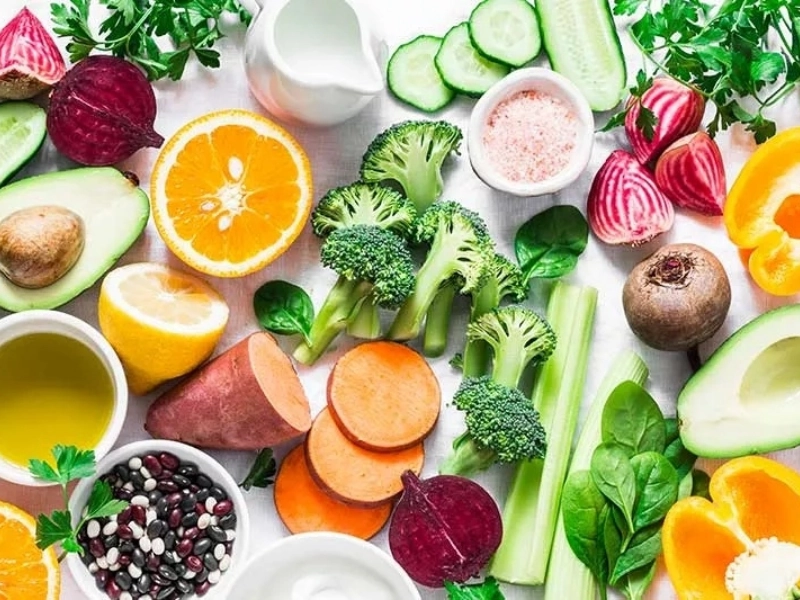 Your body needs vitamin C, also known as ascorbic acid, in order to produce bones, cartilage, and blood vessels. It also enhances iron absorption, promotes wound healing, and supports healthy immune system activity.
Free radicals are the cause of ageing, heart disease, cancer, and a few other disorders because they oxidise proteins, lipids, and carbohydrates in your body. Free radicals are scavengers and neutralizers that work to stop damage from occurring. Your body naturally produces some antioxidants, whereas entire grains, fruits, vegetables, nuts, and seeds all contain antioxidants.
Studies have indicated that applying vitamin C topically lowers hs-CRP and ESR levels, indicating that this antioxidant has strong anti-inflammatory properties. Moreover, it seems to lessen the synthesis of proinflammatory cytokines like IL-6 and TNF-a. Because of this, vitamin C may be helpful as a supplement to alleviate inflammation and lessen postoperative pain. Still, more investigation is needed.
Your body needs vitamin C, also known as ascorbic acid, in order to produce bones, cartilage, and blood vessels. It also enhances iron absorption, promotes wound healing, and supports healthy immune system activity.
Free radicals are the cause of ageing, heart disease, cancer, and a few other disorders because they oxidise proteins, lipids, and carbohydrates in your body. Free radicals are scavengers and neutralizers that work to stop damage from occurring. Your body naturally produces some antioxidants, whereas entire grains, fruits, vegetables, nuts, and seeds all contain antioxidants.
Studies have indicated that applying vitamin C topically lowers hs-CRP and ESR levels, indicating that this antioxidant has strong anti-inflammatory properties. Moreover, it seems to lessen the synthesis of proinflammatory cytokines like IL-6 and TNF-a. Because of this, vitamin C may be helpful as a supplement to alleviate inflammation and lessen postoperative pain. Still, more investigation is needed.
Anti-tumour
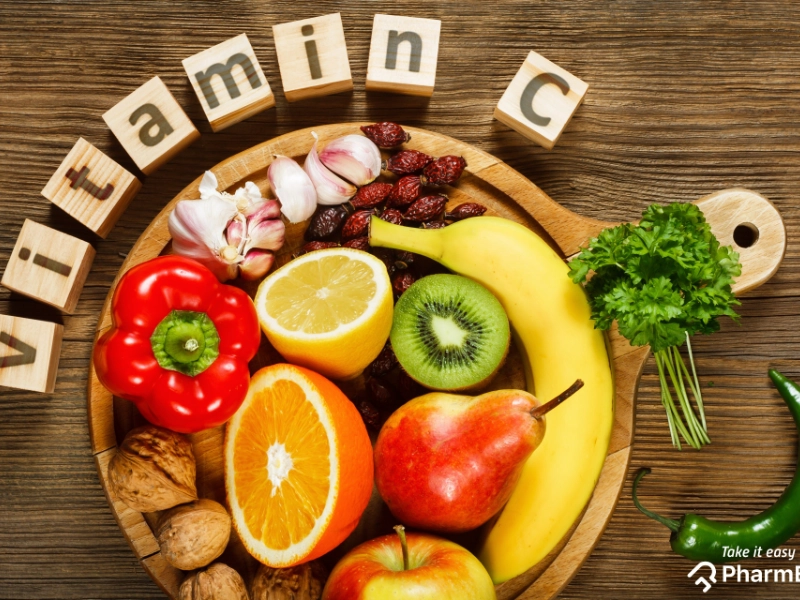 In order to neutralise free radical damage to DNA in cells, the body needs an ample supply of antioxidants. Antioxidant powerhouse vitamin C. It is produced by the body and can also be found in other plants, fruits, and vegetables. Antioxidants can lower the chance of contracting certain infections from bacteria like Helicobacter pylori (H. pylori) and prevent some cancers like lung and colorectal cancer.
People who consume more vitamin C from food have a lower chance of developing various types of cancer, according to epidemiologic studies. Research conducted on animals has indicated that large dosages of vitamin C (>20 mM) administered orally or intravenously (IV) cause tumour cells to produce H2O2, which ultimately leads to their demise. Furthermore, vitamin C can boost the efficiency of treatments like chemotherapy and radiation by preventing oxidative DNA damage. It is significant to remember that larger doses of IV vitamin C should be avoided if you are taking antibiotics or other medications.
In order to neutralise free radical damage to DNA in cells, the body needs an ample supply of antioxidants. Antioxidant powerhouse vitamin C. It is produced by the body and can also be found in other plants, fruits, and vegetables. Antioxidants can lower the chance of contracting certain infections from bacteria like Helicobacter pylori (H. pylori) and prevent some cancers like lung and colorectal cancer.
People who consume more vitamin C from food have a lower chance of developing various types of cancer, according to epidemiologic studies. Research conducted on animals has indicated that large dosages of vitamin C (>20 mM) administered orally or intravenously (IV) cause tumour cells to produce H2O2, which ultimately leads to their demise. Furthermore, vitamin C can boost the efficiency of treatments like chemotherapy and radiation by preventing oxidative DNA damage. It is significant to remember that larger doses of IV vitamin C should be avoided if you are taking antibiotics or other medications.





